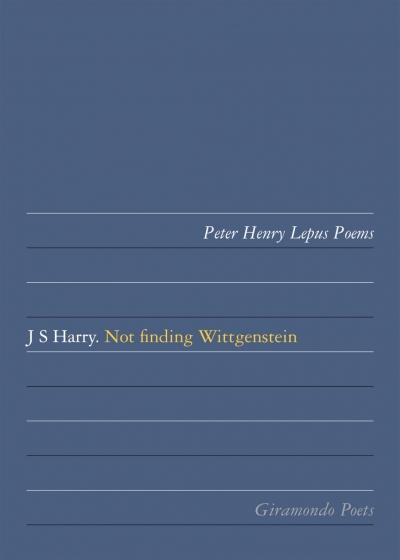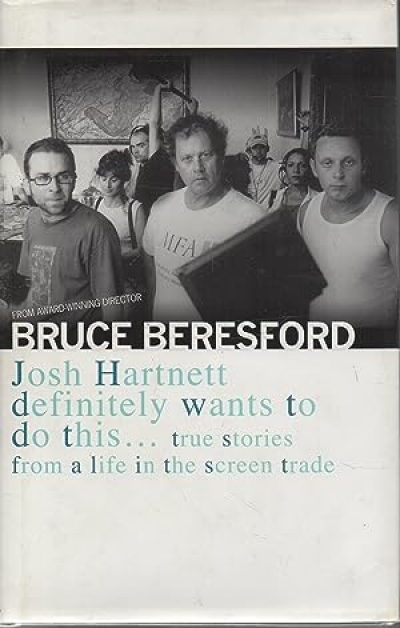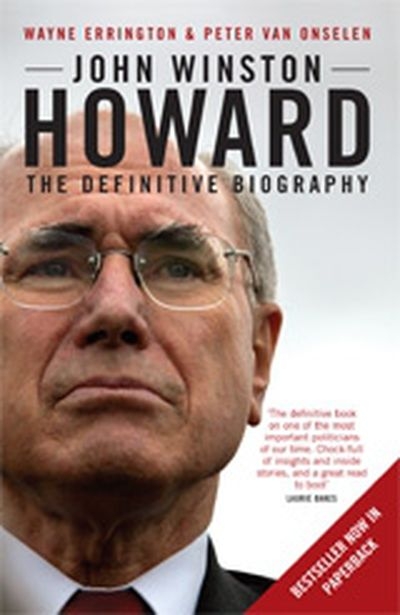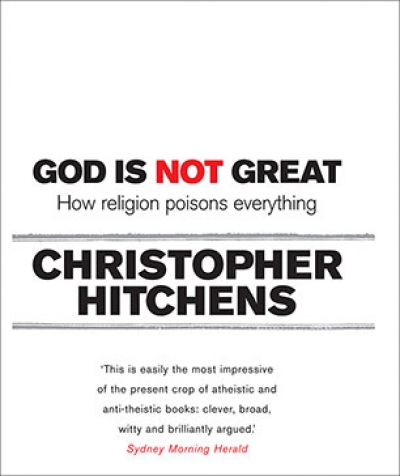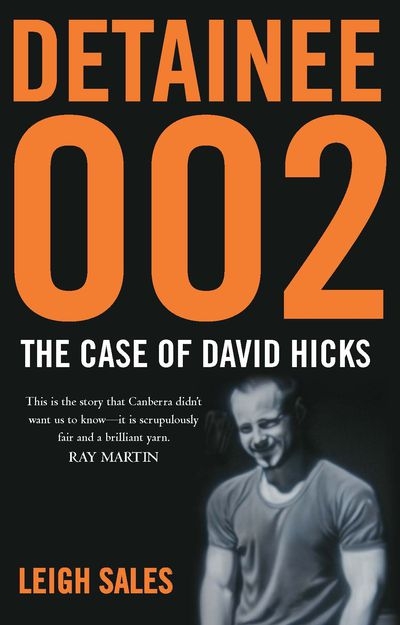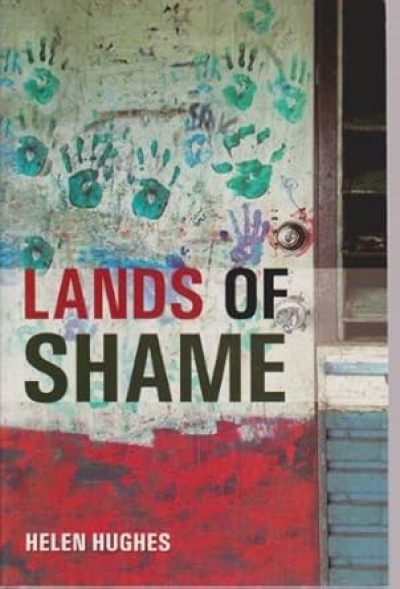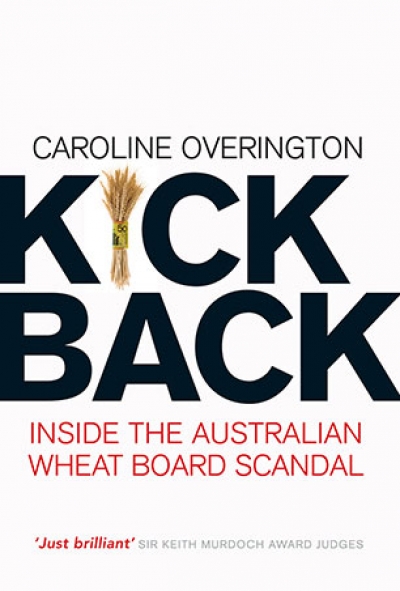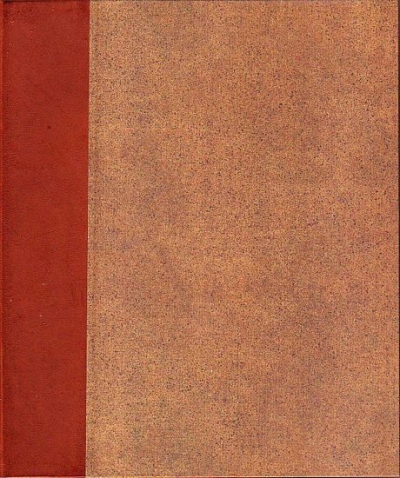Review
Josh Hartnett Definitely Wants to Do This: True stories from a life in the screen trade by Bruce Beresford
by Peter Craven •
John Winston Howard: The biography by Wayne Errington and Peter van Onselen
by Norman Abjorensen •
God is Not Great: How religion poisons everything by Christopher Hitchens
by Tamas Pataki •
Lands of Shame: Aboriginal and Torres Strait Islander ‘Homelands’ in Transition by Helen Hughes
by Jon Altman •
Kickback: Inside the Australian wheat board scandal by Caroline Overington
by John Button •

